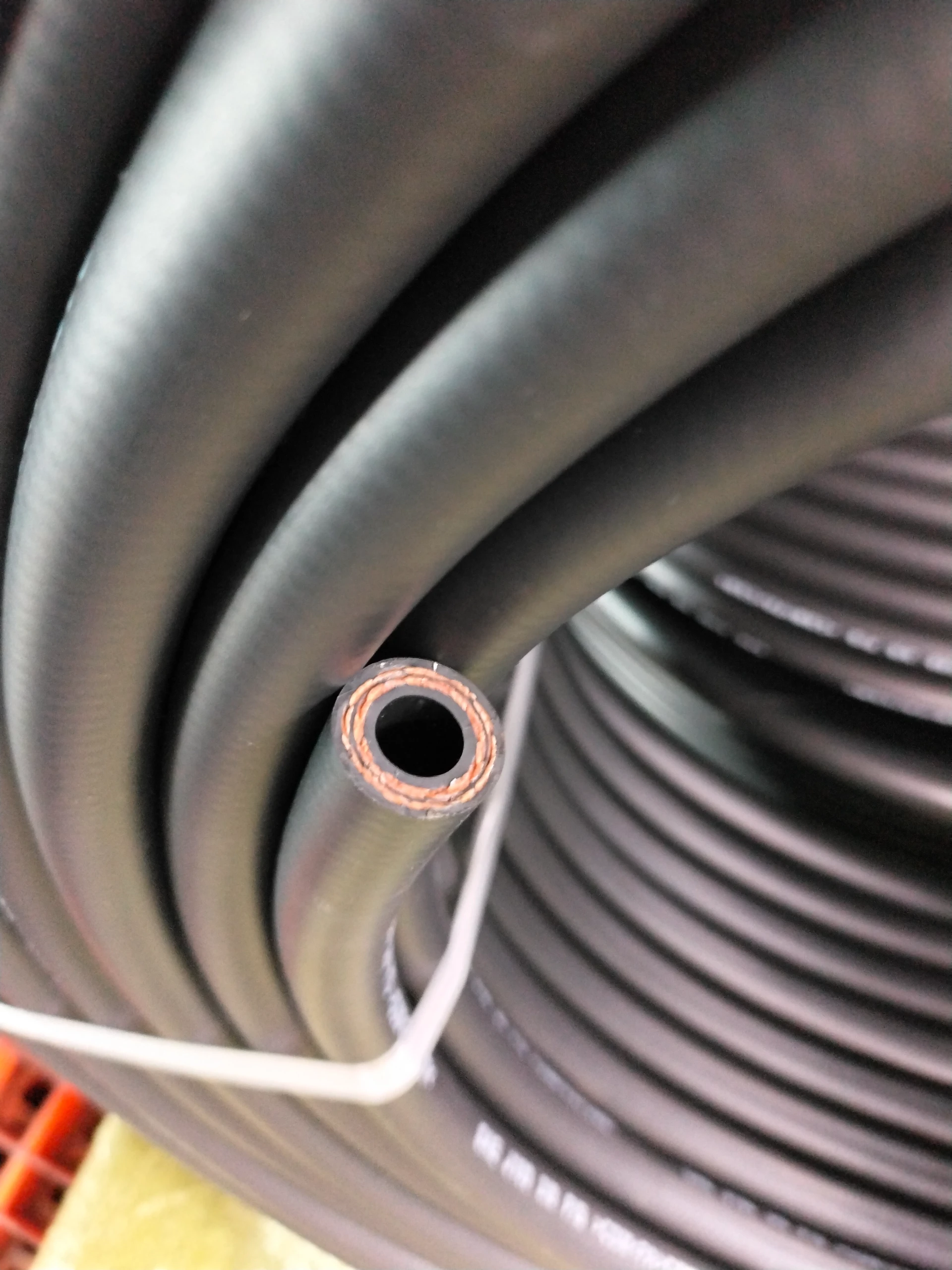automotive fuel hose
ನವೆಂ . 15, 2024 08:18 Back to list
automotive fuel hose
Understanding Automotive Fuel Hoses Importance, Types, and Maintenance
Automotive fuel hoses play a crucial role in the efficient functioning of a vehicle’s fuel system. These hoses are responsible for transporting fuel from the fuel tank to the engine, ensuring that the engine receives the right amount of fuel at the right pressure. Given the critical function they serve, understanding the types, importance, and maintenance of fuel hoses is essential for any car owner or automotive enthusiast.
Importance of Fuel Hoses
Fuel hoses are engineered to withstand high pressures and extreme temperatures, as they are constantly exposed to fuels that can vary in chemical composition. A failure in the fuel delivery system can lead to severe consequences, including engine performance issues, fuel leaks, and even fire hazards. Additionally, modern vehicles are equipped with advanced fuel systems that require precise measurements and flow rates. Therefore, the integrity and reliability of fuel hoses are vital for the overall safety and performance of the vehicle.
Types of Fuel Hoses
There are several types of automotive fuel hoses, each designed for specific applications
. The primary types include1. Rubber Fuel Hoses Traditionally made from rubber, these hoses are typically used in older vehicles. While they are flexible and provide decent resistance to fuel, they can degrade over time due to exposure to heat and chemicals.
2. Synthetic Fuel Hoses With advancements in technology, synthetic hoses have become the preferred choice for modern vehicles. Made from materials such as fluorocarbon or nitrile rubber, these hoses offer superior resistance to fuel, high temperatures, and wear and tear.
3. Braided Fuel Hoses These hoses feature a braided layer, often made from stainless steel or nylon, providing additional strength and durability. They are commonly used in high-performance vehicles where high pressure is a factor.
4. Fuel Line vs. Fuel Return Hoses Fuel lines are used to transport fuel from the tank to the engine, while return hoses serve to send excess fuel back to the tank. Both types of hoses are crucial for efficient fuel system operation.
Signs of Fuel Hose Failure
automotive fuel hose

Understanding the signs of fuel hose failure is essential for vehicle maintenance. Some common signs include
- Fuel Leaks Observing fuel puddles under the vehicle or a noticeable fuel smell can indicate a leaking hose. - Engine Performance Issues If the vehicle experiences rough idling, stalling, or decreased power, it could be due to a failing fuel hose affecting fuel delivery. - Cracks or Damage Regularly inspecting hoses for visible signs of wear, including cracks, fraying, or bulges, can help catch potential issues early.
Maintaining Fuel Hoses
Preventative maintenance is key to ensuring the longevity of automotive fuel hoses. Here are some best practices
1. Regular Inspections Periodically check the condition of fuel hoses, especially before long trips or seasonal changes. Look for any signs of wear, abrasions, or discoloration.
2. Replace as Needed Fuel hoses usually have a lifespan of about five to ten years, depending on the material and environmental conditions. Replace hoses at the first sign of damage or wear.
3. Use Quality Parts When replacing hoses, always opt for high-quality, manufacturer-approved parts. Cheap imitations may not withstand the stresses imposed by modern fuel systems.
4. Professional Servicing For those unfamiliar with fuel system components, enlisting the help of an experienced mechanic can ensure proper inspection and replacement, enhancing safety.
Conclusion
Automotive fuel hoses are more than just conduits for fuel; they are vital components that ensure the optimal performance and safety of a vehicle. Understanding their importance, types, and maintenance can help vehicle owners make informed decisions, prolong the life of their fuel systems, and enhance their overall driving experience. Regular inspections and timely replacements can prevent costly repairs and keep vehicles running smoothly. As fuel technology continues to evolve, staying informed about the latest developments in fuel hose materials and designs will be increasingly important for both consumers and automotive professionals alike.
